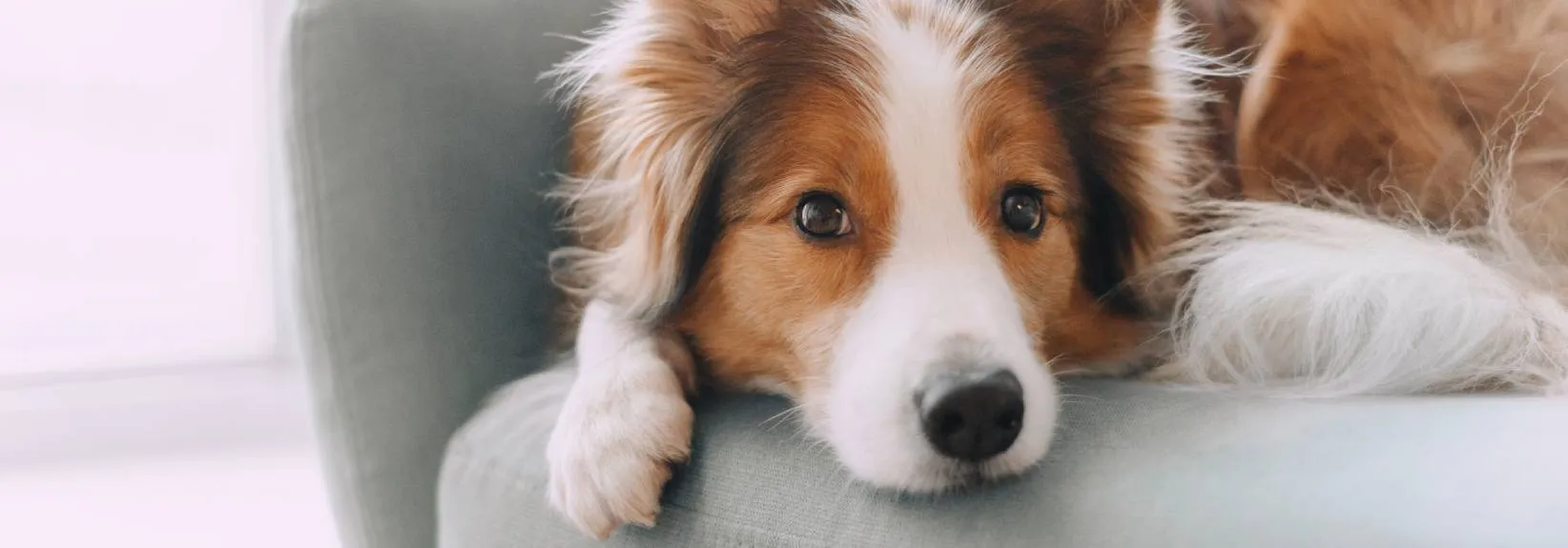What Can Animal Hair Do to My AC Filter?
Pets can be found in millions of homes. You probably consider your dog or cat a beloved family member and want to {have them around for many years|keep them well-cared for.
However, pet hair usually has a negative impact on the efficiency of your air conditioning system. With proper maintenance, you can avoid impacting airflow and protect your cooling system from harm.
How Do AC Air Filters Work, and Why Are They Important?
Air filters are one of the most important parts of any forced-air HVAC system. Your air filter captures airborne contaminants, such as dust, pollen and pet hair, stopping them from spreading through the ductwork. AC filters come in many different versions, including fiberglass, pleated and electrostatic. A filter’s effectiveness depends on its minimum efficiency reporting value (MERV), which could be anywhere from 1 to 20, with higher ratings indicating better filtration.
An air filter’s key purpose is the protection of the evaporator coil, blower motor and other important parts from dirt and debris that could cause damage. An efficient enough filter also improves indoor air quality by reducing particulates in the air, which can cause allergies, asthma attacks and other respiratory issues in sensitive individuals.
How Can Pet Hair Impact an HVAC System’s Air Filter?
While animals are shedding, their hair becomes airborne and can eventually get into the HVAC system through the return air ducts. If there isn’t a filter in place, pet hair collects inside the evaporator coil, blower motor, fan blades and other components, potentially stopping them from working efficiently. Hair can also become clogged with moisture found in the cooling system, creating a breeding ground for microorganisms, which can produce foul odors and lower indoor air quality.
But even if you have an air filter installed, pet hair isn’t harmless. When return airflow arrives at the HVAC system, the filter traps the hair and prevents it from landing on vulnerable cooling components. At the same time, this quickly clogs the filter up, decreasing airflow and increasing strain on the HVAC system. Without maintenance, you may experience higher energy bills and more frequent breakdowns.
What About Animal Dander?
Pet dander, which consists of microscopic skin flakes and saliva particles, is a common cause of respiratory problems for those suffering from allergies or asthma. You need a filter with a high MERV rating to effectively capture and remove dander, which is much smaller than pet hair.
How to Care for Your AC System and Filter with Pets
You can take steps to maintain the efficiency of your air conditioner, even with pets living in your home. Here’s how:
- Stick to a regular schedule when cleaning or replacing the filter: Depending on the type of filter and how many pets you have, you should try to replace it after 30 to 90 days. Take a look at the filter each month and replace it when a clog appears.
- Periodically clean the return air ducts: Pet hair collects on the air registers and grilles, reducing airflow. Trying cleaning these using the brush attachment on your vacuum cleaner as often as needed. Then, hire a professional to remove built-up pet hair, dander and dust inside your ductwork every few years.
- Keep pets well-groomed: Regular brushing and bathing reduces the hair and dander your pets generate. Keep the brushing outdoors and sweep the area afterward to prevent the hair from getting tracked inside.
- Consistently vacuum and dust: While it affects your HVAC system, pet hair can be found all throughout your home. A lot of it settles on surfaces or in corners. Proper cleaning should include vacuuming, sweeping, dusting and washing any pet beds.
- Clear the area around the outdoor unit: Central air conditioning systems come with an outdoor unit secured to a concrete slab somewhere along an exterior wall of the home. Keep the area around this unit free of debris, like pet hair, grass clippings, dead leaves, and other objects. This ensures effective heat transfer for more efficient operation.
- Keep up with routine AC maintenance: An HVAC technician should inspect and maintain your air conditioning system every year, preferably in the spring. They can identify and fix small issues, keep internal components clean and provide recommendations about how to keep your air conditioning running efficiently with pets.
Contact for Indoor Air Quality Services
If you’re concerned about how your pets are affecting your HVAC system and indoor air quality, choose for tailored solutions and top-notch customer service. We sell and service many quality indoor air quality products best suited for combating pet hair and dander, including high-end air filtration, whole-house ventilation and air duct cleaning. We can also maintain your HVAC system for maximum performance and efficiency. Enjoy the peace of mind that everything we do is backed by a one-year 100% satisfaction guarantee! To request indoor air quality services in North America, please contact today.



